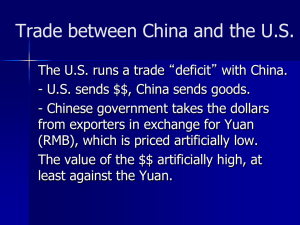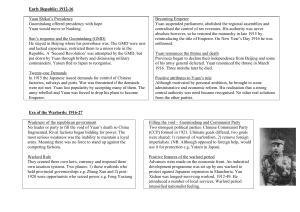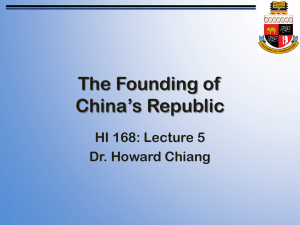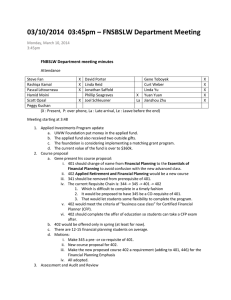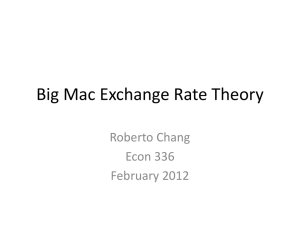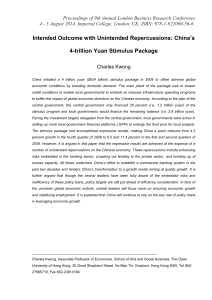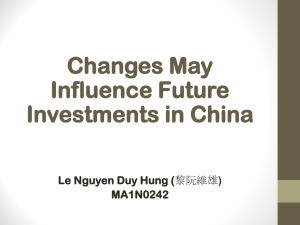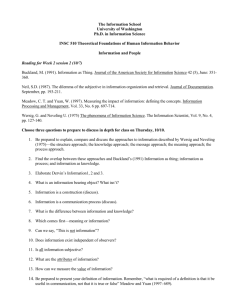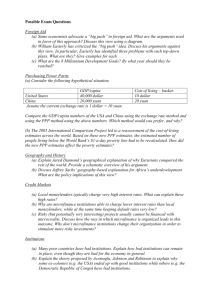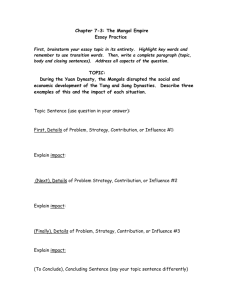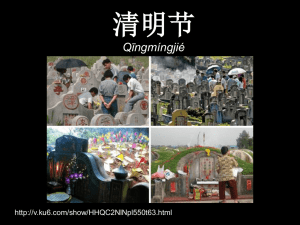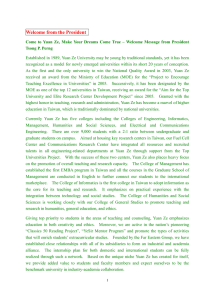History Pro Brochure
advertisement
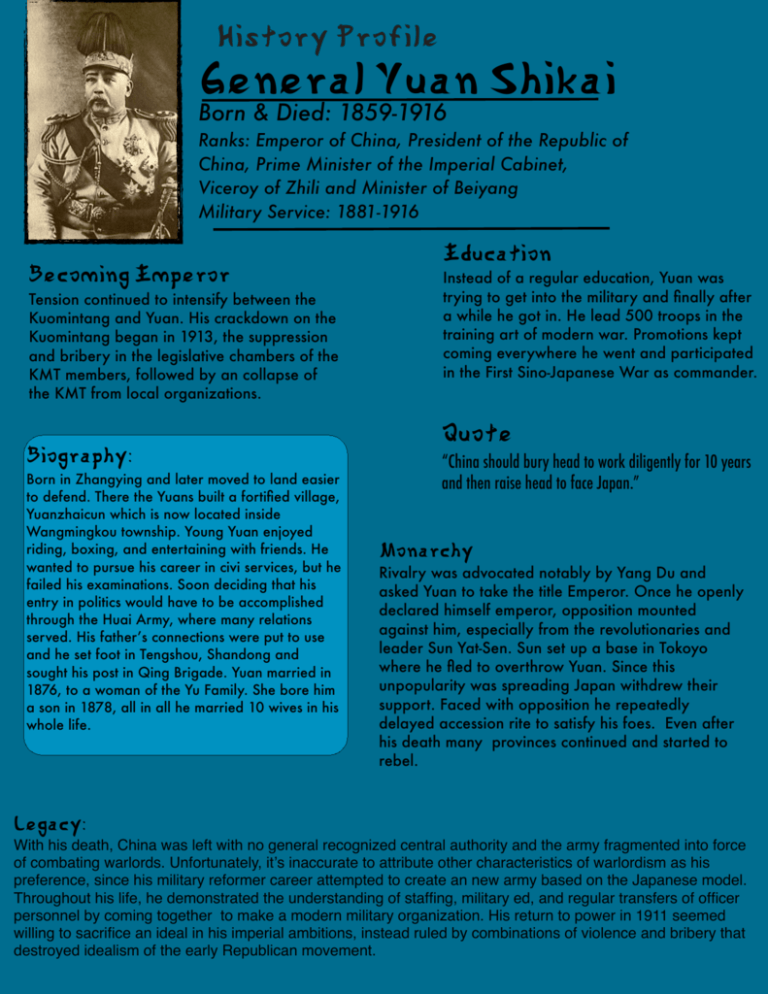
History Profile General Yuan Shikai Born & Died: 1859-1916 Ranks: Emperor of China, President of the Republic of China, Prime Minister of the Imperial Cabinet, Viceroy of Zhili and Minister of Beiyang Military Service: 1881-1916 Becoming Emperor Tension continued to intensify between the Kuomintang and Yuan. His crackdown on the Kuomintang began in 1913, the suppression and bribery in the legislative chambers of the KMT members, followed by an collapse of the KMT from local organizations. Biography: Born in Zhangying and later moved to land easier to defend. There the Yuans built a fortified village, Yuanzhaicun which is now located inside Wangmingkou township. Young Yuan enjoyed riding, boxing, and entertaining with friends. He wanted to pursue his career in civi services, but he failed his examinations. Soon deciding that his entry in politics would have to be accomplished through the Huai Army, where many relations served. His father’s connections were put to use and he set foot in Tengshou, Shandong and sought his post in Qing Brigade. Yuan married in 1876, to a woman of the Yu Family. She bore him a son in 1878, all in all he married 10 wives in his whole life. Education Instead of a regular education, Yuan was trying to get into the military and finally after a while he got in. He lead 500 troops in the training art of modern war. Promotions kept coming everywhere he went and participated in the First Sino-Japanese War as commander. Quote “China should bury head to work diligently for 10 years and then raise head to face Japan.” Monarchy Rivalry was advocated notably by Yang Du and asked Yuan to take the title Emperor. Once he openly declared himself emperor, opposition mounted against him, especially from the revolutionaries and leader Sun Yat-Sen. Sun set up a base in Tokoyo where he fled to overthrow Yuan. Since this unpopularity was spreading Japan withdrew their support. Faced with opposition he repeatedly delayed accession rite to satisfy his foes. Even after his death many provinces continued and started to rebel. Legacy: With his death, China was left with no general recognized central authority and the army fragmented into force of combating warlords. Unfortunately, itʼs inaccurate to attribute other characteristics of warlordism as his preference, since his military reformer career attempted to create an new army based on the Japanese model. Throughout his life, he demonstrated the understanding of staffing, military ed, and regular transfers of officer personnel by coming together to make a modern military organization. His return to power in 1911 seemed willing to sacrifice an ideal in his imperial ambitions, instead ruled by combinations of violence and bribery that destroyed idealism of the early Republican movement.
